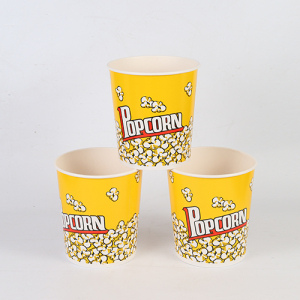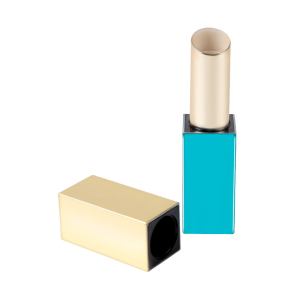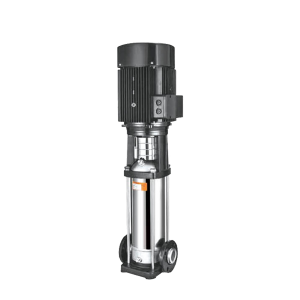Selecting the right non toxic cookware set is crucial for ensuring both the safety of your food and the longevity of your cookware. When navigating the market for non-toxic options, several key features warrant consideration.
First and foremost, prioritize cookware sets that explicitly advertise themselves as "non-toxic." This label indicates that the materials used in their construction do not release harmful chemicals or toxins when exposed to heat, ensuring a safer cooking experience. Additionally, look for sets that are free from substances such as PFOA, PFAS, lead, cadmium, and other potentially harmful compounds commonly found in traditional cookware.
Opt for cookware sets made from inert and non-reactive materials. Materials such as stainless steel, ceramic, cast iron, and glass are popular choices for non toxic cookware sets. These materials do not leach harmful substances into your food, preserving its flavor and nutritional value.
Another essential feature to consider is the presence of a non-toxic coating. Some non-stick coatings used in traditional cookware contain perfluorooctanoic acid (PFOA) and other harmful chemicals. Non-toxic alternatives, such as ceramic coatings or seasoned cast iron, provide a non-stick surface without the health risks associated with traditional coatings.
Furthermore, prioritize cookware sets that are easy to clean and maintain. Non-toxic materials such as stainless steel and ceramic are typically dishwasher-safe and resistant to stains, making them convenient options for everyday cooking.
In terms of contributing to healthier cooking practices, non toxic cookware sets offer several advantages. By eliminating the risk of chemical leaching into food, these sets help prevent potential health hazards associated with exposure to toxins. Additionally, non-toxic cookware allows for the preservation of food's natural flavors and nutrients, enhancing the overall quality of your meals.
Non toxic cookware sets are commonly crafted from a variety of materials known for their safety and durability. Stainless steel is a popular choice due to its non-reactive nature and resistance to corrosion. Ceramic cookware, made from clay and other natural minerals, offers a non-stick cooking surface without the need for harmful coatings. Cast iron cookware, seasoned with natural oils, provides excellent heat retention and durability without the risk of chemical leaching. Additionally, glass cookware is non-reactive and transparent, allowing for easy monitoring of food while cooking.
In conclusion, selecting a non toxic cookware set is essential for maintaining a healthy kitchen environment. Prioritize sets that explicitly advertise themselves as non-toxic and are made from inert and non-reactive materials such as stainless steel, ceramic, cast iron, or glass. By choosing non-toxic cookware, you can enjoy safer cooking practices and healthier meals without compromising on performance or convenience.






